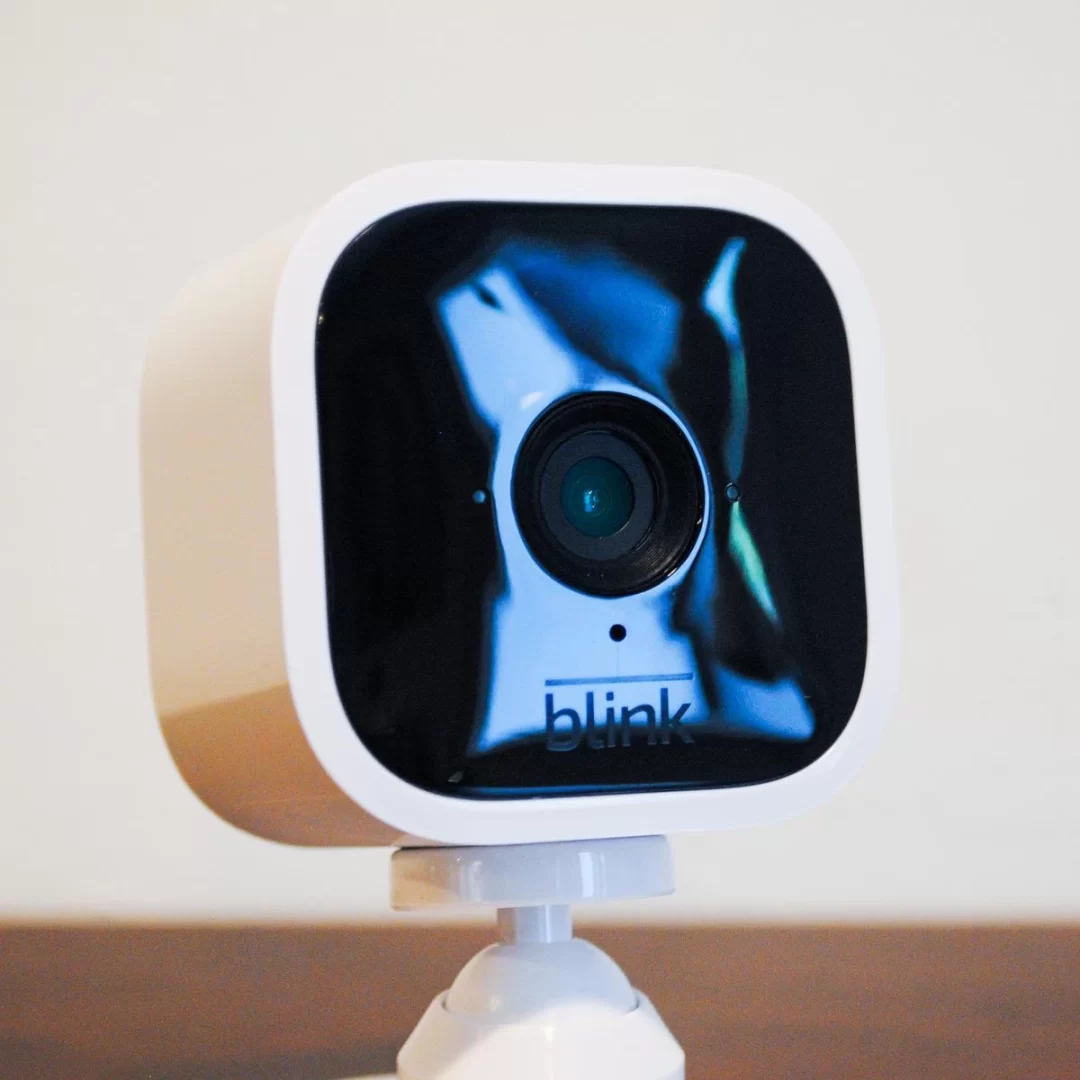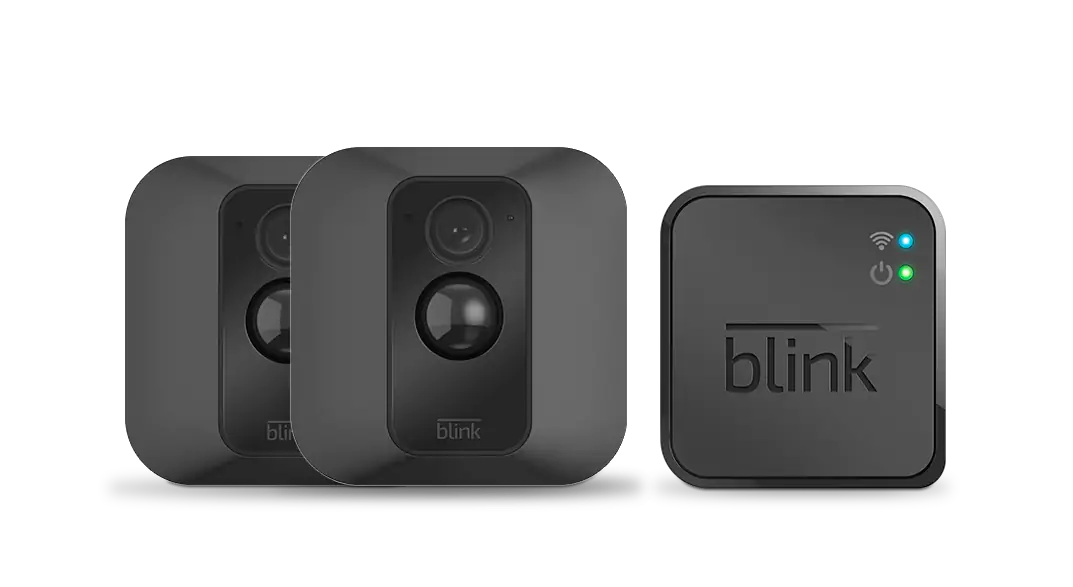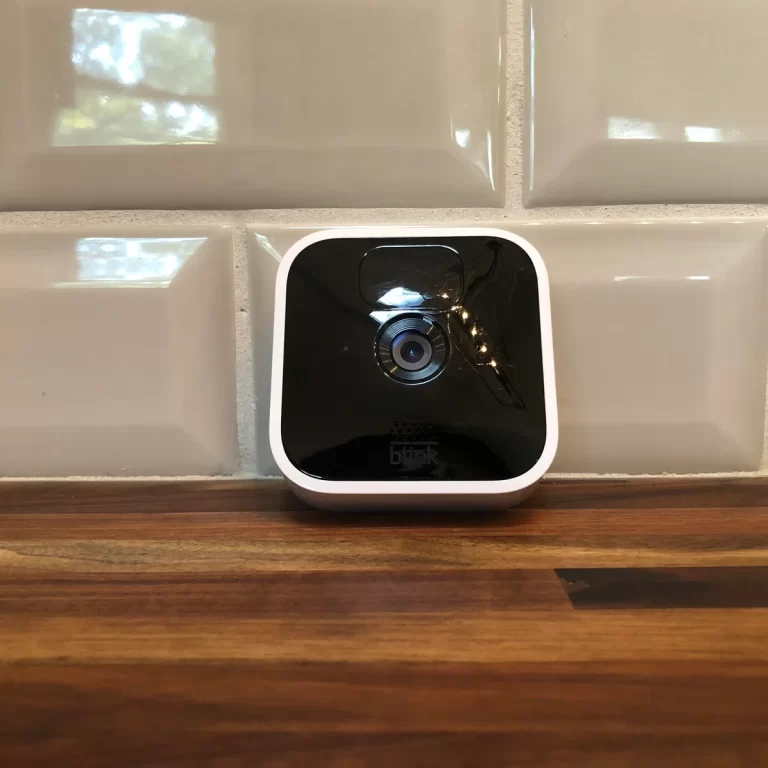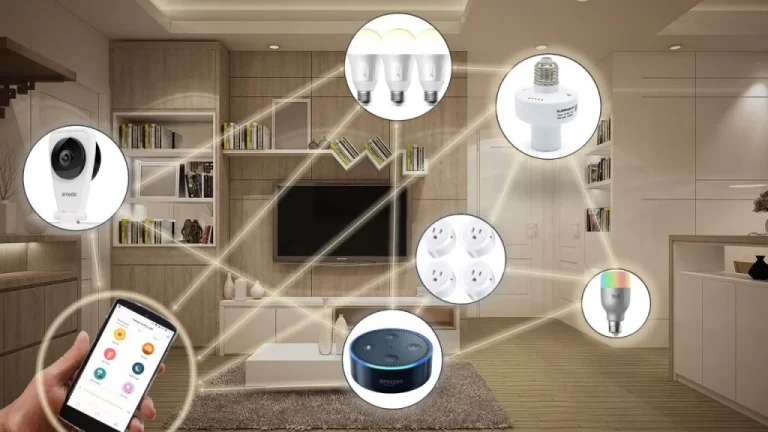Do Blink Cameras Talk? Understanding Their Audio Features
Do Blink cameras talk? Blink cameras have gained significant popularity in the realm of home security systems. These small, wireless cameras provide homeowners with a sense of security by allowing them to monitor their premises remotely.
In this comprehensive article, we will delve into the subject matter, exploring the communication abilities of Blink cameras and addressing related FAQs. So, let’s dive right in!

Do Blink Cameras Talk? Understanding Their Audio Features
When it comes to the question, “Do Blink cameras talk?” It’s essential to understand the audio features that Blink cameras possess. Blink cameras are equipped with a built-in microphone, enabling them to record audio.
However, it is important to note that these cameras do not have a built-in speaker, which means they cannot produce sound or communicate verbally.
The Role of the Microphone in Blink Cameras
The microphone in Blink cameras plays a crucial role in capturing audio within the camera’s range. It allows homeowners to not only see but also hear what is happening in their monitored area.
This audio feature adds an extra layer of security and provides valuable information in case of any suspicious activity.
Two-Way Communication: The Blink App Solution
Although Blink cameras do not have a built-in speaker, they offer a solution for two-way communication through the Blink app.
The Blink app allows homeowners to communicate with individuals within the camera’s view using their smartphone or tablet.
This feature proves useful for remotely interacting with family members, visitors, or even pets while being away from home.
Frequently Asked Questions about Blink Cameras’ Communication Abilities

Here are some questions and answers related to “Do Blink cameras talk?”
1. Can I talk through Blink cameras?
No, Blink cameras do not have a built-in speaker for direct communication. However, you can use the Blink app on your smartphone or tablet to communicate with individuals within the camera’s range.
Also, the two-way communication feature on Blink cameras relies on the Blink app.
By using the app on your smartphone or tablet, you can speak and listen to individuals near the camera, providing a convenient method for remote communication.
2. Is the two-way communication feature available on all Blink camera models?
Yes, the two-way communication feature is available on all Blink camera models that are compatible with the Blink app. Ensure that your camera is connected to the app to utilize this functionality.
Also, Blink cameras are equipped with a microphone, allowing you to hear audio within the camera’s range. This audio capability enhances the overall surveillance experience.
3. Can I disable audio recording on Blink cameras?
Yes, you have the option to disable audio recording on Blink cameras. This can be done through the camera settings on the Blink app, providing you with control over the audio feature.
Also, Blink cameras are suitable for monitoring both indoor and outdoor areas.
However, for outdoor use, ensure that you select a Blink camera model designed for outdoor environments, as they offer enhanced durability and weather resistance.
Conclusion
In conclusion, while Blink cameras do not have the capability to talk or produce sound, they offer valuable audio features that enhance the overall surveillance experience.
With their built-in microphone, homeowners can hear what is happening within the camera’s range, providing an extra layer of security.
The two-way communication feature through the Blink app allows for remote interaction, further increasing the versatility of these cameras.
So, if you were wondering, “Do Blink cameras talk?” The answer is no, but they do offer effective audio monitoring and remote communication options.
READ ALSO!!!



